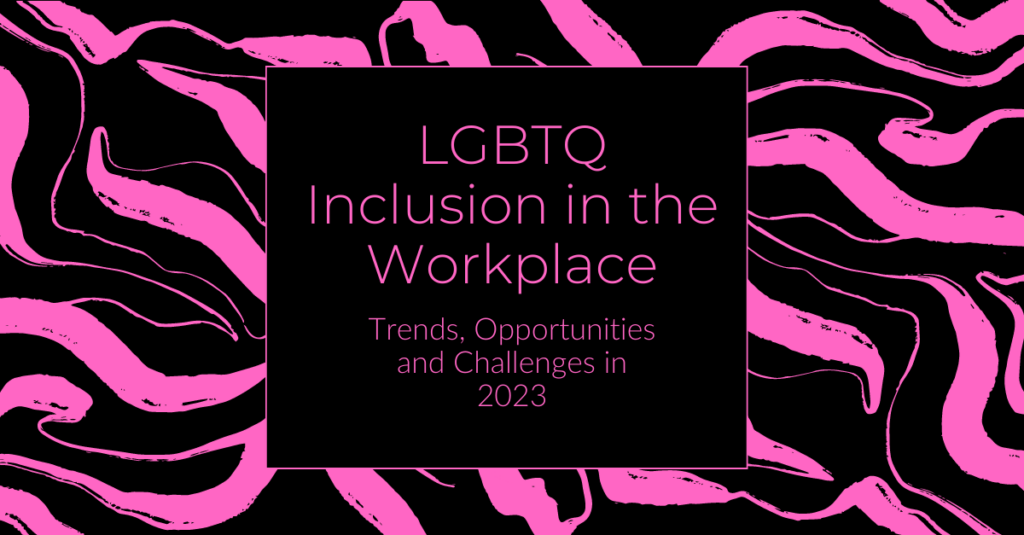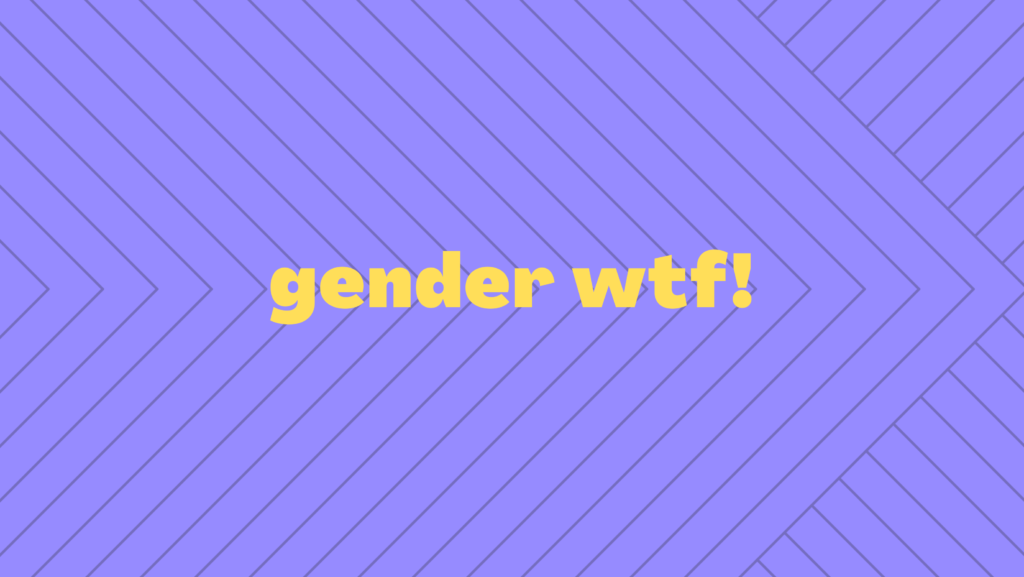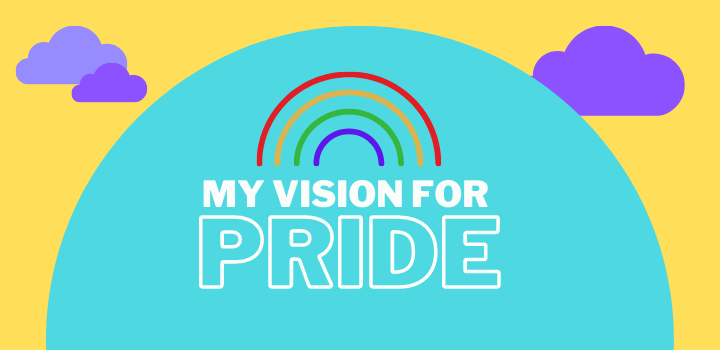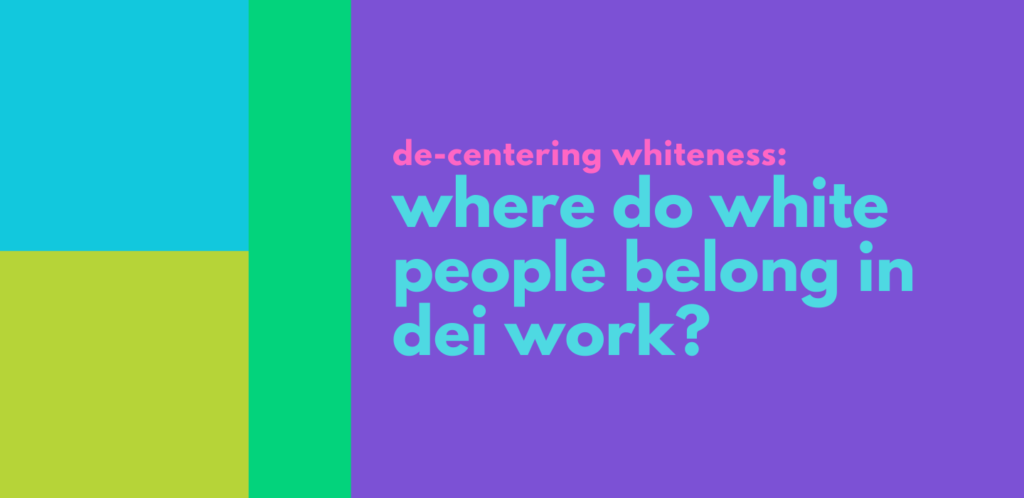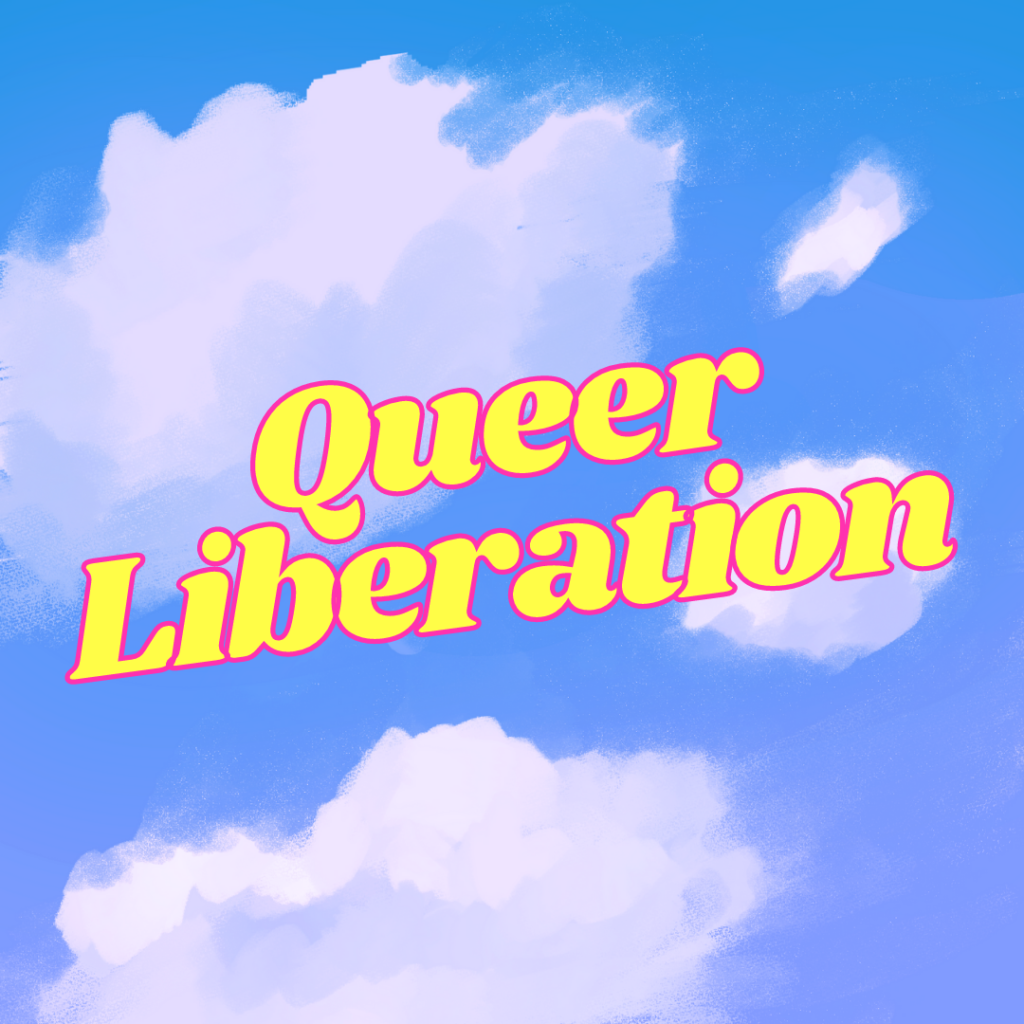
Queer Liberation
The time is now start the process of opening Mossier’s workplace advocates to the concept of Queer Liberation.
We all sense that more is possible, that what we are doing isn’t working, why are we waiting on our workplaces to give us permission to fight for the solutions that we know have the power to set our community free?
How do we reverse course? Or rather, how do we return to the radical vision, organizing and sacrifice that created the floor for us to stand on in the first place?It’s Pride Month, y’all. The Stonewall uprising and the Gay Liberation movement that followed was made possible by the conjoining forces of the anti-racist, anti-capitalist and anti-war movements of the time. Bud Light sponsored pride floats really are as divorced from our roots as we think it is.
We’ve been pushed to believe that all of this corporate pride, increased visibility in senior leadership, etc. is what is creating change. The 300+ anti-LGBTQ pieces of legislation, the rates of houselessness and employment discrimination, tell a different story.
How do we reverse course? Or rather, how do we return to the radical vision, organizing and sacrifice that created the floor for us to stand on in the first place?
A story that we have been complicit with our employers in creating an illusion of progress. Complicit in raising the ceiling for a select few of us while the floor sinks.
Employers force LGBTQ advocates to produce ideas/solutions that don’t pose a threat to the larger system. A system built on hierarchy, white supremacy and patriarchy.
Employers love when we create LGBTQ employee resource groups and host coming out panels but they get frustrated when we begin to ask deeper questions about why we even need ERGs and coming out panels in the first place. Suggesting that our employer might be complicit in upholding systems of homophobia and transphobia? That’ll shut down the conversation really quick.
So what does Queer Liberation mean to a Queer Workplace Advocate today?
- Stop doing the bare minimum. We need to look at the fact that what we have been told is “a lot” is not a lot. The vast majority of us in our workplaces are still begging for the absolute minimum. A right to safety. The right to not live in fear. The right to not hold on to two separate identities that switch in and out depending on who is in the room.
- Author our own stories. It means that we define and author our own freedom. The C-Suite doesn’t want to acknowledge our humanity? Fine. They don’t have that power anyway. And we won’t wait on them to feel whole. We need to stop delaying our own freedom.
- Intersectionality. It means that beyond Queer issues, we are challenging the deeper ways our organizations uphold a society that refuses to guarantee everyone the right to see a doctor when they need it, a society that won’t pass meaningful reform to our policing system, a society where the employees at the bottom are paid less and less while those at the top make record breaking profits. We challenge the ways our companies are poisoning the air and water. We refuse to be bought into silence and complacency no matter how nice our salary/benefits packages are.
- Confrontation. We look at leaders who express that they are doing “everything they can” to move the needle on DEI and we politely say that everything they can is simply not good enough
- Re-evaluate our goals. Is getting LGBTQ people in executive leadership really going to be the silver bullet we think it will be if those individuals fail to rock the boat when they get a seat at the table? Do we want everyone to be “out” or do we want everyone to be celebrated? What would that look and feel like? Are we simply looking to recruit more LGBTQ people or are we actively building a place where LGBTQ can truly call home?
- Speak truth to power. We need to tell the truth about our organizations, to ourselves and others, and their level of commitment to equity and justice rather than presenting a rose-tinted version that has been approved by the marketing department

